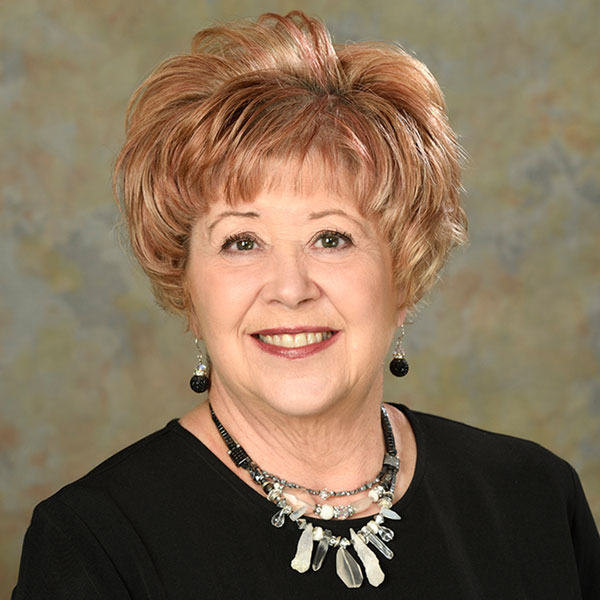SUMA president Randy Goulden says healthcare access and the cost of decommissioning landfills are among the major issues that need to be addressed as the organization prepares for its annual convention and trade show in April.
Goulden said SUMA communities have continuously voiced concerns related to health care, particularly in the towns and villages. In 2022, SUMA’s members called for the development and implementation of a long-term recruiting and retention plan to adequately provide and maintain emergent, acute and long-term health care.
SUMA recognizes the work of the province through the Health Human Resources Action Plan to recruit and retain health care professionals and ensure Saskatchewan’s hospitals, health centres, and long-term care homes are adequately staffed. However, while the progress is positive, Goulden said more needs to be done as many communities are still experiencing regular service interruptions in both clinic hours and ambulatory care.
“While health is a provincial responsibility, hospitals, health centres, and long-term care homes are located in our hometowns – Saskatchewan’s cities, towns, and villages – and they impact the well-being of our residents,” Goulden said in a press release
“You should not have to worry about how long it will take for an ambulance to get to you. In an emergency, minutes matter. You also should not have to travel well outside your community to receive basic care when you have a hospital or clinic in your own community, but the doors are shuttered due to lack of staffing.”
The problems are compounded in Saskatchewan’s smaller municipalities. Due to staffing issues, one community saw their closest ambulance service unavailable for an entire month.
SUMA stated that they are continuing to call on the province to take immediate action on EMS retention, including increasing on-call rates for paramedics, to encourage people to enter, and stay, in the profession. A review of doctor compensation is also necessary as low fee-for-service rates are driving family doctors out of the profession.
With a focus on cost, the cost of decommissioning landfills continues to be a barrier for Saskatchewan’s municipalities. The substantial costs of closing landfills were brought forward through resolution at SUMA’s convention in 2022.
“Communities with less than 500 people do not have the tax base to pay $300,000 to $500,000 to decommission their landfill,” Goulden said.
While funding was made available through the Investing in Canada Infrastructure Program to facilitate decommissioning of waste disposal sites, municipalities are responsible for paying a portion through the cost-shared grant. With final stages of decommissioning costing approximately $250,000 to $350,000, small municipalities would need to supply $60,000 or more.
“To help the province meet its goal of reducing the number of landfills, and help municipalities cover the costs of decommissioning their local landfill to ensure compliance with environmental guidelines, Saskatchewan’s hometowns are asking for the Government of Saskatchewan to provide 25-year, interest free loans to smaller communities,” Goulden said.
The SUMA Board of Directors met in Saskatoon on March 3 to discuss topics important to Saskatchewan’s hometowns, including the resolutions going to the floor at the 2023 SUMA Convention and Tradeshow in April.
Resolutions set to be brought forward include PST on municipal construction projects and events, and supports for Saskatchewan’s vulnerable residents. The 2023 resolutions package will be available in mid-March.
michael.oleksyn@paherald.sk.ca


